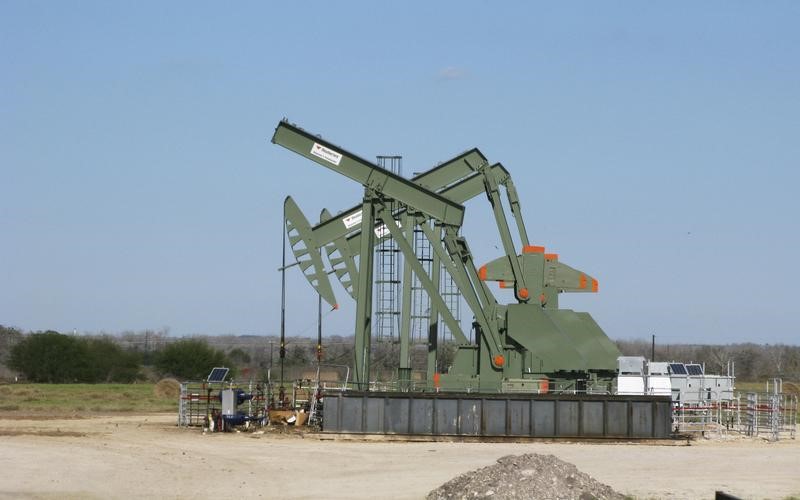By Jessica Resnick-Ault
NEW YORK (Reuters) - Crude rose above $55 (43.28 pound) a barrel to hit a 16-month high on Monday as rising prospects of a tightening market after last week's OPEC landmark deal to cut production has given speculators impetus to increase bets on higher prices.
Monday's gains take the rally since the Organization of the Petroleum Exporting Countries' agreement was struck on Wednesday to 19 percent for Brent and 16 percent for U.S. crude. Last week's 12.2 percent increase was the largest one-week rise since February 2011.
"OPEC sentiment continues to support oil markets. Speculative short positions are still at elevated levels and as more traders unwind these positions they could trigger more support for oil prices," said Hans van Cleef, senior energy economist at ABN Amro in Amsterdam.
By 11:15 a.m. Eastern [1615 GMT], Brent crude (LCOc1) rose 49 cents to $54.95 a barrel, a 0.9 percent gain, after hitting $55.33, its highest since July 2015.
U.S. crude West Texas Intermediate (WTI) (CLc1) futures rose 23 cents to $51.91 a barrel, a 0.5 percent gain. WTI traded at a peak point for the day of $52.42, also the highest since July 2015. About 380,483 lots of the front-month contract were traded some 57 percent of the previous session's volume.
Weekly data from the InterContinental Exchange on Monday showed investors had raised net long positions on Brent to the highest level in four weeks. [O/ICE]
After OPEC agreed to curb production by 1.2 million barrels per day (bpd) from January, eyes have now turned to a meeting this weekend between OPEC and non-OPEC producers to expand the deal.
Non-OPEC producers are expected to agree to add an output cut of 600,000 bpd in Vienna on Dec. 10.
"We remain skeptical that non-OPEC producers will line up to pledge their own reductions when OPEC’s announcement last week already largely took responsibility for rebalancing the market," said Tim Evans, energy futures specialist with Citigroup (NYSE:C) in New York. "In our view, the rally in prices represents an economic call for more production, not more cuts."
Transneft, Russia's pipeline monopoly, suggested on Monday a cut to oil output could begin in March.

Iran, which was granted an output rise as part of the OPEC deal as it recovers production curbed by sanctions, will also attend the meeting, SHANA news agency said.